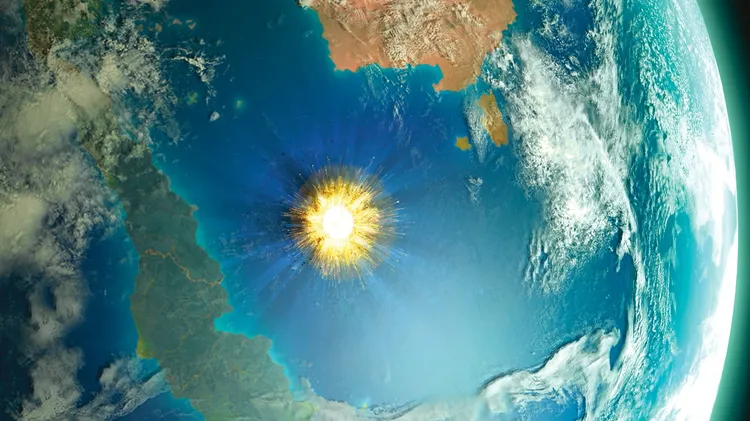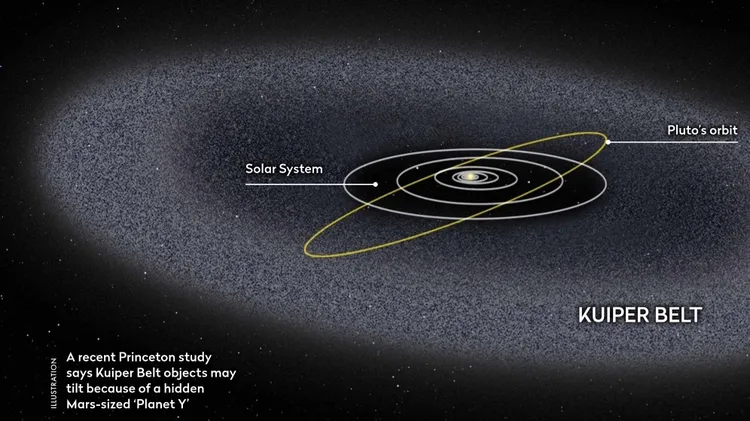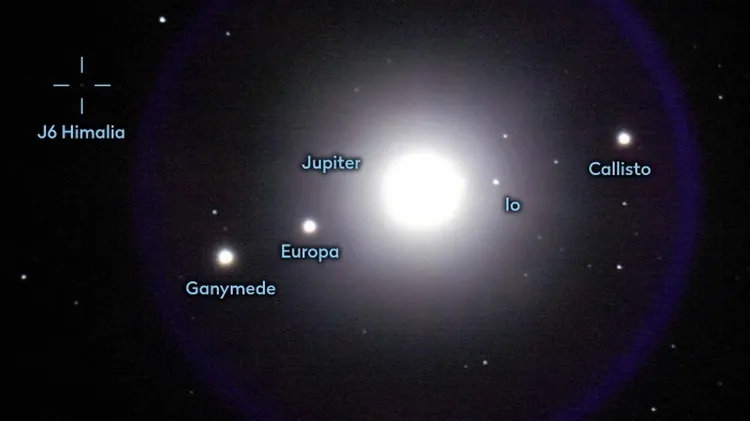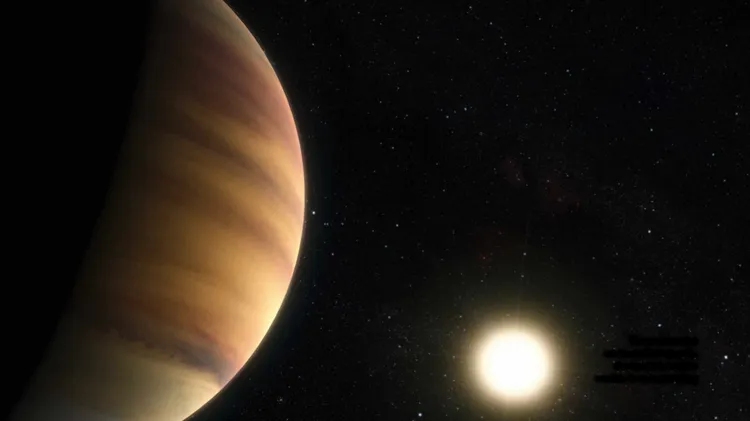Saturn reclaims ‘moon king’ title with 62 new found satellites
2 min read
This article is from...
Read this article and 8000+ more magazines and newspapers on Readly






